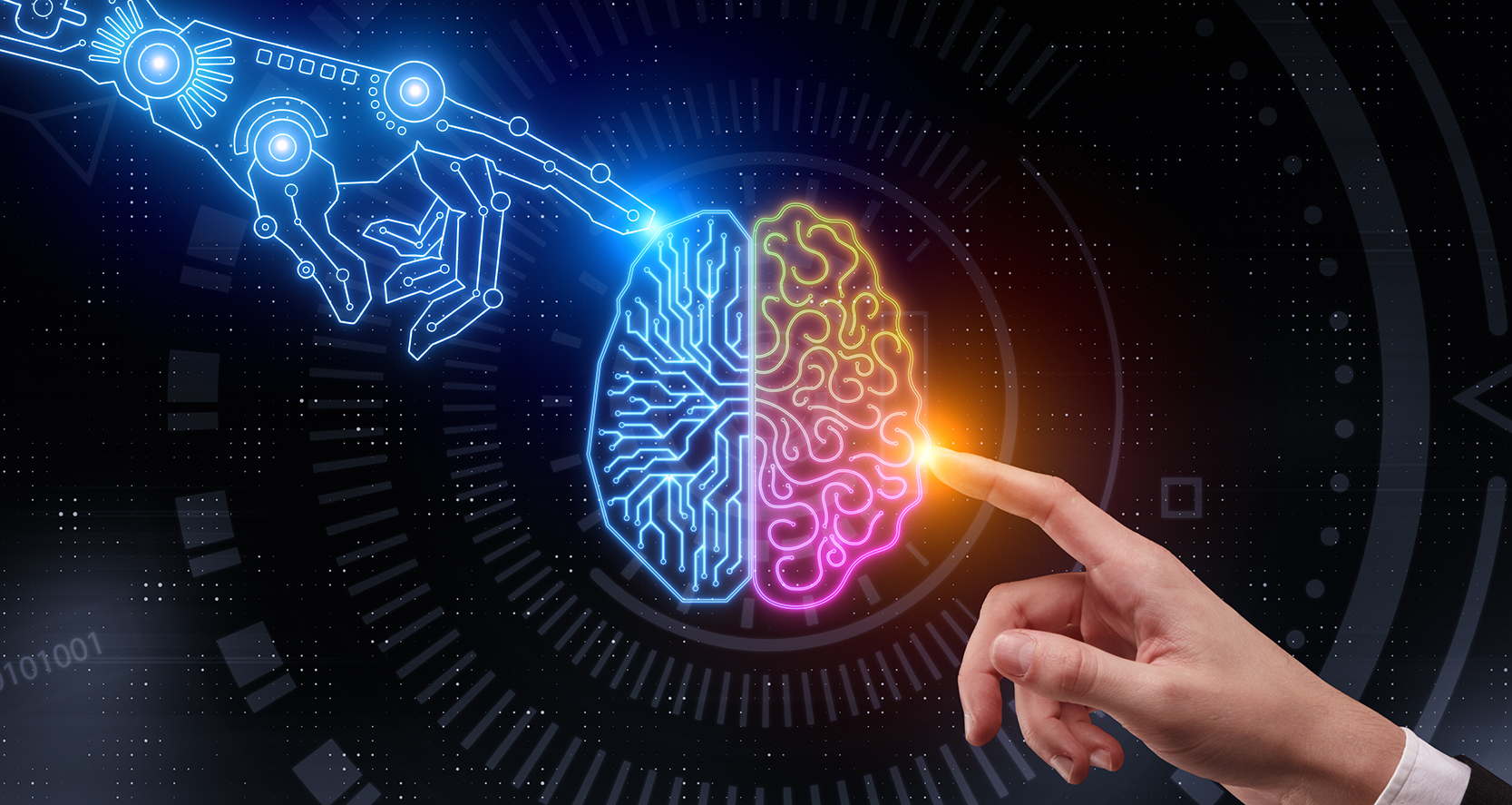In the past decade, no technology has advanced as much as Artificial Intelligence (AI), earning the title of the ‘most notable word of the year in 2023’ by Collins. In fact, AI has been a trending topic in nearly every employment conversation; its impact has been significant and continues to grow. But the question remains: Has the hype surrounding AI been exaggerated or is it understated?
In January 2024, International Monetary Fund’s managing director Kristalina Georgieva commented that AI will affect 60% of jobs in advanced economies and is already making its presence visible in the communications industry.
Corporate public relations delivers strategic storytelling that builds & shapes narratives to drive forward the company’s agenda. As PRSA notes, “Public relations is a strategic communication process that builds mutually beneficial relationships between organizations and their publics.”
Besides strategic communication, narrative shaping, and in-depth research, public relations must also be viewed through the lens of voice and public perception. It’s not just about carefully crafting messages or coming up with catchy brand taglines; it’s also about having empathy toward stakeholders and being able to read the room.
Even after multiple revisions, the messaging may still not resonate with the public – it’s an art to capture the mood of the zeitgeist and reflect it appropriately. Public relations (PR) professionals are constantly learning, refining, and shaping the messaging. While big data insights and AI can certainly provide valuable assistance, it’s only a human brain that can see through the chaos to understand what may be driving public opinion and then make the best judgment in any given situation. Further, the ability to pitch a story to a specific journalist requires human intuition and experience, elements AI will always struggle to replicate.
AI works by processing massive datasets, identifies patterns, and generates insights and decisions autonomously. It’s akin to having an ever-learning digital assistant, tirelessly learning, absorbing, and applying information. Conversely, PR mainly revolves around human interaction, knowledge gathering, understanding drivers, and navigating social dynamics. While AI might excel in data analysis and automating mundane tasks, PR demands subjective judgment calls, creative thinking, and empathy.
While AI can streamline certain PR tasks like content creation, content distribution, etc., it does so in a very mechanized way and lacks the nuanced understanding of human behavior and cultural contexts essential to successful PR. This is even more apparent when you working in a dynamic and specialized industry like clean energy as it lacks the ability to understand an apply how timely events can impact certain scenarios. Undoubtedly AI has its strengths, but also limitations, particularly in the realm of reading the public, cultural or social context. While it may enhance certain aspects of PR, AI is unlikely to fully replace PR professionals in the foreseeable future.
At Mercom, our public relations professionals combine their communication expertise and energy experience to produce industry-defining results.
Learn more about Mercom and its specialization in communications for companies leading the energy transition. Contact us today for a consultation and let us help you achieve your communication goals.

